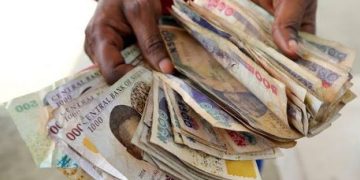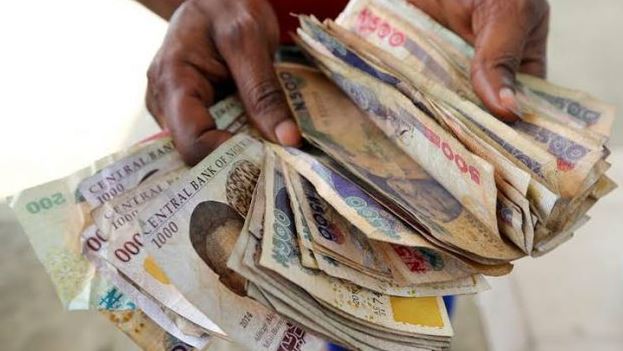By John Ikani
The World Bank’s latest Africa’s Pulse report for April 2023 has revealed that the Nigerian Naira experienced a 10.2% depreciation in 2022.
The report noted that other currencies that suffered significant losses in value in the previous year include Sudan (23.6%), Malawi (20.7%), and The Gambia (14.6%).
Rising food and fuel prices, combined with the depreciation of the exchange rate, were cited as the main drivers of inflationary pressures in the region, especially in countries like Ghana, Sudan, and Malawi.
Despite Nigeria’s monetary policy tightening, which saw the country raising interest rates by 650 basis points, the World Bank observed that it has not led to a decline in the rate of inflation.
The report identified supply shocks that drive inflation, such as rising commodity prices and climatic shocks, a lack of central bank autonomy, fiscal dominance, and foreign exchange distortions that widened parallel exchange rate market premia, as factors responsible for the reduced effectiveness of monetary policy.
According to the report, 25% of Sub-Saharan African countries are expected to have double-digit inflation rates in 2023.
Nigeria’s headline inflation rate, as indicated by figures from the National Bureau of Statistics, rose to 21.91% in February, reflecting the persistence of high inflation in the country.
The World Bank also highlighted that Nigeria is currently grappling with high inflation and significant budget deficits.
Around half of the Sub-Saharan African countries are experiencing both high inflation and wider fiscal deficits.
Notable cases include Ghana, Nigeria, Malawi, Zambia, and Burundi, among others.
In 2022, the Nigerian Economic Summit Group had projected that inflation would weaken the Naira by 14.9%.
It is also worthwhile to note that the Naira’s value has been decreasing by 10.6% yearly since 1973, according to the International Monetary Fund (IMF).




































